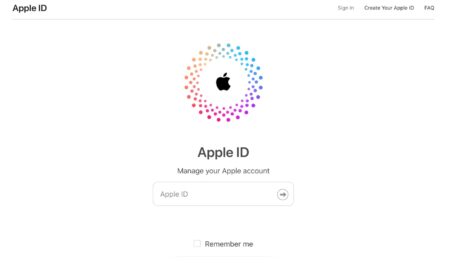A turbulent clash pits Meta against Apple over iPhone sideloading freedoms prompted by looming EU Digital Market regulations seeking to loosen App Store limitations. Meta claims enabling direct app installs without App Store review guards user choice. Apple counters that unchecked sideloads risk privacy and security breaches.
Understanding the Sideloading Debate
At its core, sideloading means downloading apps from channels beyond official stores like Apple’s App Store or the Google Play Store. Enabling iPhone sideloading would empower users to install apps directly from publishers or third-party markets without app review approval.
For iPhone owners accustomed to sole App Store reliance, this represents a complete shift in access model. Meta believes Apple unfairly blocks competitor platforms like Facebook Gaming with restrictive policies.
A Struggle Over Market Influence
Allowing sideloading could jeopardize Apple’s App Store commissions while granting developers publishing freedom. This brews fierce debates spanning device security to fair competition to censorship implications.
The EU’s Monumental Stance Against Big Tech
Central to current sideloading controversy is the EU’s Digital Markets Act passing final 2022 approval. The legislation specifically targets technology gatekeepers like Apple and Google for anticompetitive behavior against smaller vendors dependent on access to their platforms and audience reach.
Flagship regulations prohibit gatekeepers limiting software distribution outside designated stores, outlaw preferential platform treatment, ban certain targeted ads, and increase interoperability mandates.
Prioritizing Fair Play and Innovation
By combating monopolistic conduct from juggernauts like Apple and Google, the EU aims to spur fair competition benefitting consumers through increased innovation aided by restrained domination of choice-controlling giants.
Contemplating iPhone Sideloading Impacts
If EU pressure culminates in Apple permitting sideloading, iPhone owners would gain new app access avenues alongside improved developer publishing options. However, skeptics caution against underestimating side effects.
Malware exposure may rise without App Store safeguards. Fragmented update models could degrade user experiences. Alternate payment systems might skirt current App Store revenue funding innovation and security.
Balancing Innovation Against Openness
Determining appropriate guardrails reconciling iPhone openness and accountability surrounding sideloading freedoms remains controversial. Perhaps compromises like privacy audits and transparency reports over gatekeeper practices offer pathways easing tensions.
How do you believe the EU and Apple should balance iPhone sideloading benefits against potential drawbacks? Please share your perspectives below!










Add Comment